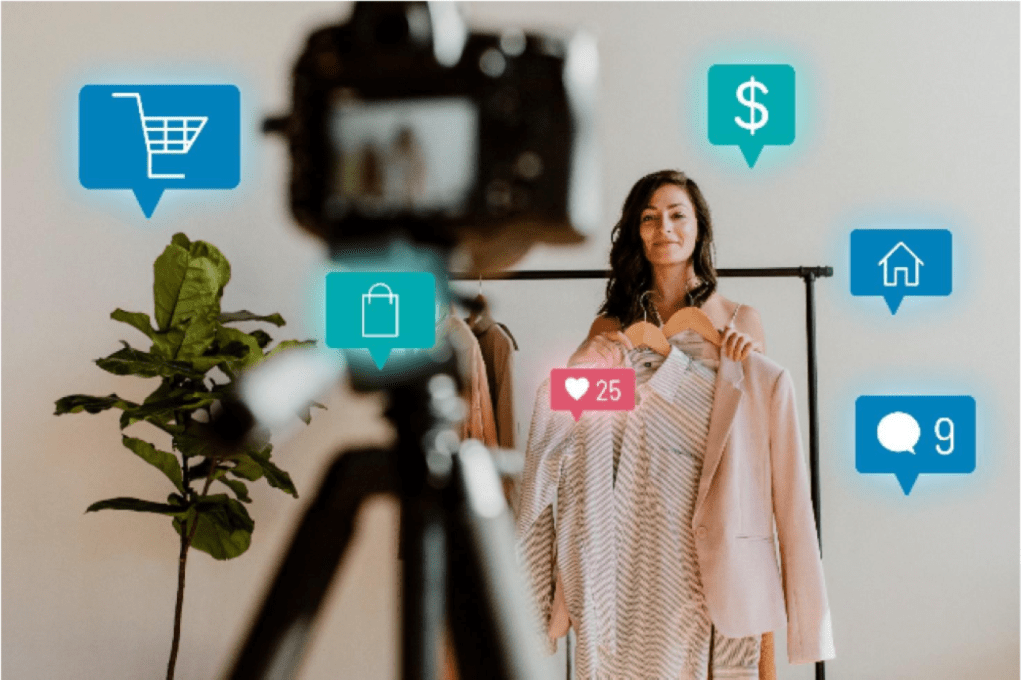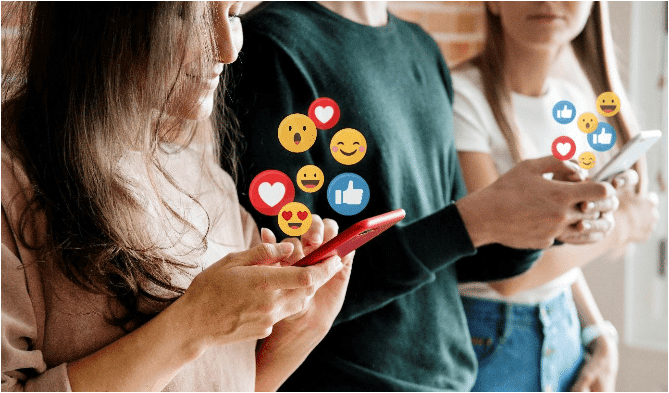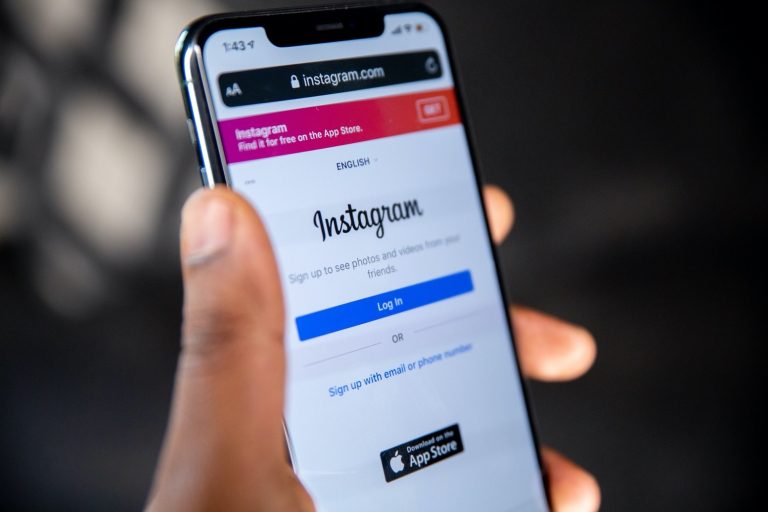The continuous evolution of the e-commerce sector and the marketing applied to it paves the way for many innovative technologies.
Livestream shopping (LS) is the phenomenon that exploded during the pandemic and has already become a habit for several brands. When in-store sales dropped dramatically globally, livestream shopping, on the other hand, experienced tremendous growth in several markets during 2020 and 2021, in line with e-commerce.
What is Livestream Shopping?
Also called live shopping, it is a digital marketing strategy that combines influencer marketing, live streaming and online sales. Since it integrates the conversational and shopping guidance aspect with entertainment, it is called Shoppertainment, the fusion of Shopping with Entertainment produced by the creation of real shopping shows. In other words, modern teleshopping.
Born and widespread in China, this sales strategy is mainly aimed at Millennials and Generation Z, who are the main users of social networks, streaming platforms and who habitually buy via livestream shopping where influencers entertain their users even for many hours.
According to research by McKinsey & Company, the gross value of goods sold via livestream shopping in China reached USD 171 billion in 2020. This is sharply up from the previous year’s $67 billion and it is estimated that by 2022 livestream sales in the country will be worth $423 billion.
How does Livestream Shopping work?
Three elements are required for a livestream shopping session:
- a live streaming platform. Events are commonly hosted either on social media platforms such as Instagram, Facebook Live or TikTok, but also on e-commerce sites such as Alibaba’s Taobao (China’s e-commerce with the largest number of users) or Amazon’s Taobao, with the new live streaming platform Amazon Live now only available to US residents;
- a guest or brand ambassador, usually an influencer or celebrity with an established user base who can entertain and answer questions about the sponsored product (Key Opinion Leaders- KOLs). This has the role of a presenter with a high level of trust from the audience. Unlike traditional shopping, with livestream shopping the host promotes a product or service by illustrating its potential through a live streaming video, actively interacting with the live audience in real time, answering questions, making comments and inviting them to close the purchase;
- quality products or services to be promoted. Livestreams are very often characterized by sponsoring promotions offered to viewers for a limited time only. This technique becomes particularly effective as the viewer, aware of the limitation of the offer, perceives a sense of urgency due to the scarcity or limited availability.
Successful examples
We cannot fail to mention the two most successful examples of livestream shopping by leading Chinese influencers: Austin Li and Viya Huang.
The former, in 2018, in a 7-hour live stream, tried on 380 lipsticks selling 15 thousand units in 5 minutes.
Viya, digital pseudonym of Huang Wei, a shop assistant who on the web turns into one of China’s most successful livestream shopping presenters, in 2019 sold products worth more than 3 billion yuan (around 400 million euros) during ‘Singles’ Day’, a holiday launched by Alibaba and much appreciated by young Chinese people, which is now one of China’s main commercial events (comparable to Black Friday in the US).

What are the advantages of live shopping?
The benefits that all parties involved in livestream shopping can gain are:
- Higher engagement
Video content has been proven to have higher engagement rates than most forms of content and livestreams become a winning tool.

- Generate massive sales quickly
Through the live shopping event in just a few minutes you have the opportunity to reach thousands of potential buyers, which, if done correctly, can turn into thousands of sales.
Buying during a live event on Instagram or Twitch can be a richer experience than simply searching through a marketplace catalog.
- Builds brand awareness
Livestream shopping will help the brand get in front of its target audience.
- Access to new audiences
Brands and retailers will be able to benefit from live streaming to reach new audiences, strengthen relationships with existing customers, build brand values and, if the processes are built correctly, have growing engagement, conversion and sales rates. Furthermore, the interactive nature of this strategy vastly increases the likelihood that the audience will remember the brand, even with the help of influencers for whom a live streaming shopping session will be an opportunity to connect with their audience in the most authentic, direct, immediate way.
- Encourages impulse buying
Thanks to live shopping, the customer feels part of something much bigger than a normal e-commerce and, very often, to make this feeling of belonging persist, customers end up buying something they didn’t think they needed.
The Metaverse and beyond
Some brands are already looking to consolidate Live Shopping with other emerging technology trends such as the Metaverse and NFTs (non-fungible tokens). Customers will be even more motivated to interact with Live Shopping, given free gifts in the form of NFTs or digital goods to enhance their avatars.
Livestream shopping has been increasing exponentially in recent times and more and more brands, especially specialized in consumer electronics, and e-commerce platforms are starting to support this strategy.
Livestream shopping is the phenomenon that is proving to best meet the needs of online consumers, offering a unique and, in some ways, genuine and spontaneous shopping experience.
Although this strategy is not yet widely used in Italy, we believe that this technology could soon become a predominant part of the shopping journey.
Given the growing trend, are the Italian and European companies starting to get ready for this new e-commerce revolution?
AR Market is specialized in the development of AR/VR solutions for B2B and B2C, Apps for Android and iOS for companies and businesses, with a growing trend year on year.
Contact us to know more about us!




